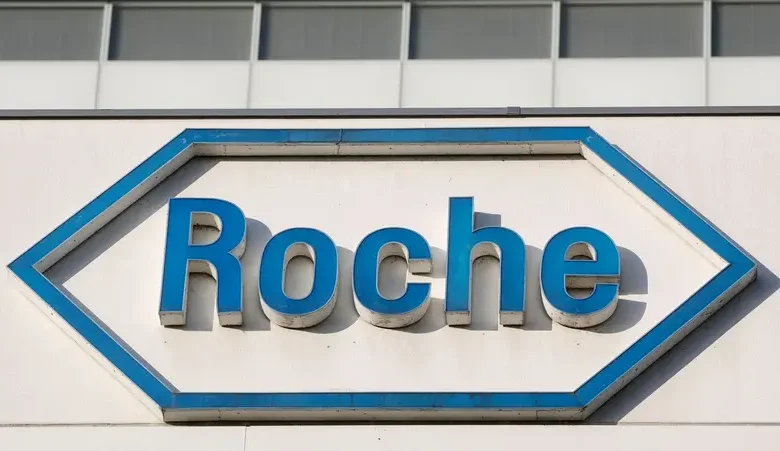Roche shares knocked by concern over side effects in obesity pill trial

Shares in Roche dropped to a two-month low on Thursday after an experimental weight-loss pill that carries high market hopes was linked to an elevated rate of temporary side effects in its initial test phase on humans.
Roche shares were trading 3.5 percent down by 0940 GMT, the second-biggest faller on the pan-European STOXX 600 index, after the company presented details on the trial with once-daily pill CT-996 late on Wednesday.
A brief summary in July of the study’s promising results had boosted the Swiss drugmaker’s share price.
According to a presentation at a meeting of the European Association for the Study of Diabetes in Madrid, all 25 trial participants experienced mild or moderate side effects, or adverse events in industry parlance, including those that only received an ineffective placebo.
Side effects from the pill, part of Roche’s $2.7 billion acquisition of Carmot in December, were mostly gastrointestinal (GI), like those associated with similar drugs.
However, it also disclosed a higher heart rate by up to 15 beats per minute, which Roche said was in line with other drugs in the class. Still, JP Morgan analysts said this was a concern because any impact on heart health would become a key differentiator in a competitive market.
The analysts, and their counterparts at Barclays and Jefferies, described the overall number of adverse events as high.
Side effects data that Roche released on Monday on another early Carmot project, injection CT-388, had also weighed on its shares, for a 5.4 percent decline so far this week.
“Investor excitement for Roche’s obesity franchise may now take a pause, in our view, given both acquired assets showed higher-than-anticipated GI side effects,” Jefferies analysts said.
Second trial phase to start next year
In terms of efficacy, Roche reiterated its statement in July that the once-daily pill CT-996 resulted in a placebo-adjusted average weight loss of 6.1 percent within four weeks in obese patients without diabetes.
It said the Phase I trial had followed a convention of ramping up the drug dose, a process known as titration, faster than is planned for later trial stages, in order to quickly uncover any unforeseen side effects.
The frequency of adverse events was “consistent with brisk up-titration and early stage of development,” Roche said.
“These data support the continued investigation of CT-996 in studies of longer duration with larger sample sizes and slower titrations,” the company said, adding that the second of three trial stages would start next year.
But JP Morgan analysts cautioned that a slower ramp-up in larger trials could make it impossible to replicate the fast weight loss that had impressed markets in July.
“The concerning tolerability profile… may be hard to titrate away without a significant decline in efficacy,” they said in a note.
An update on Wednesday by Novo Nordisk, a pioneer in the weight-loss market alongside Eli Lilly, saying that its experimental pill was associated with mild-to-moderate side effects, was more favorably received by investors.
Roche also said on Wednesday that the headline result of 6.1 percent weight loss over four weeks was based on just six patients, underscoring the uncertainty of the development project.










